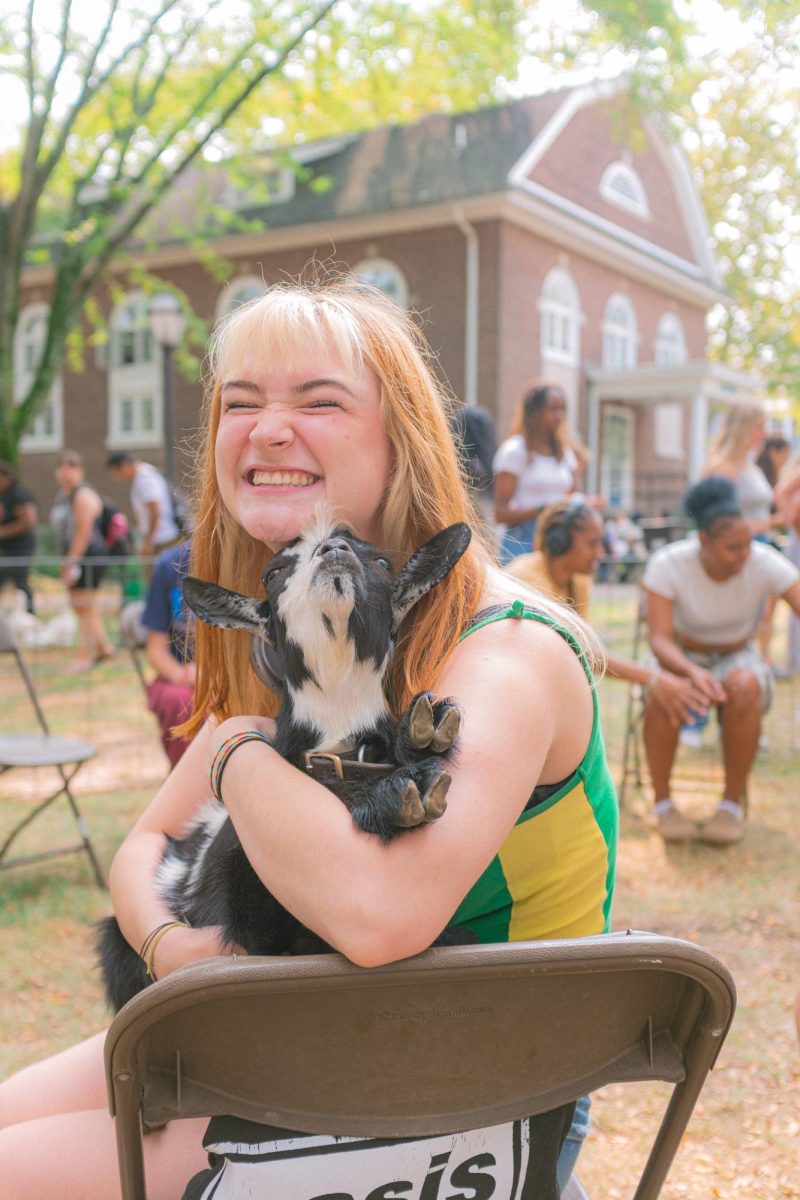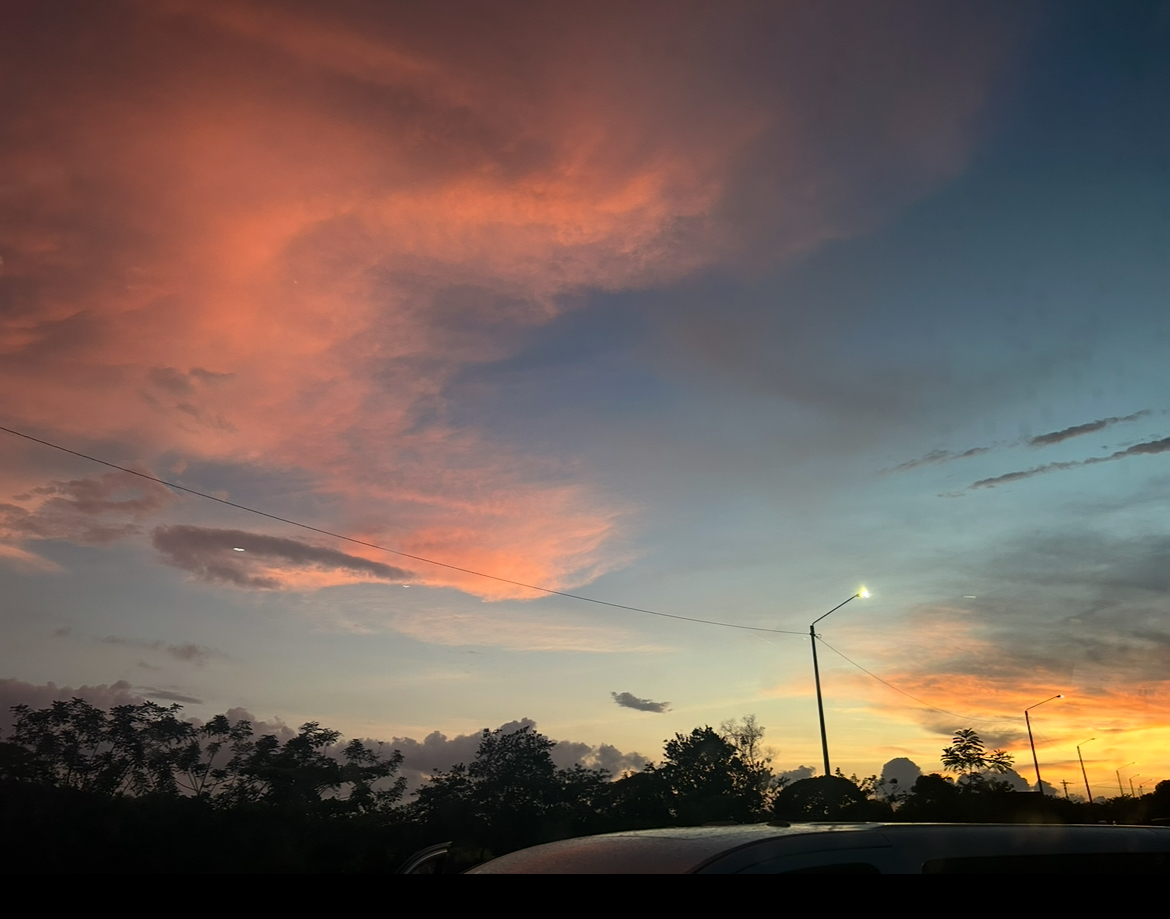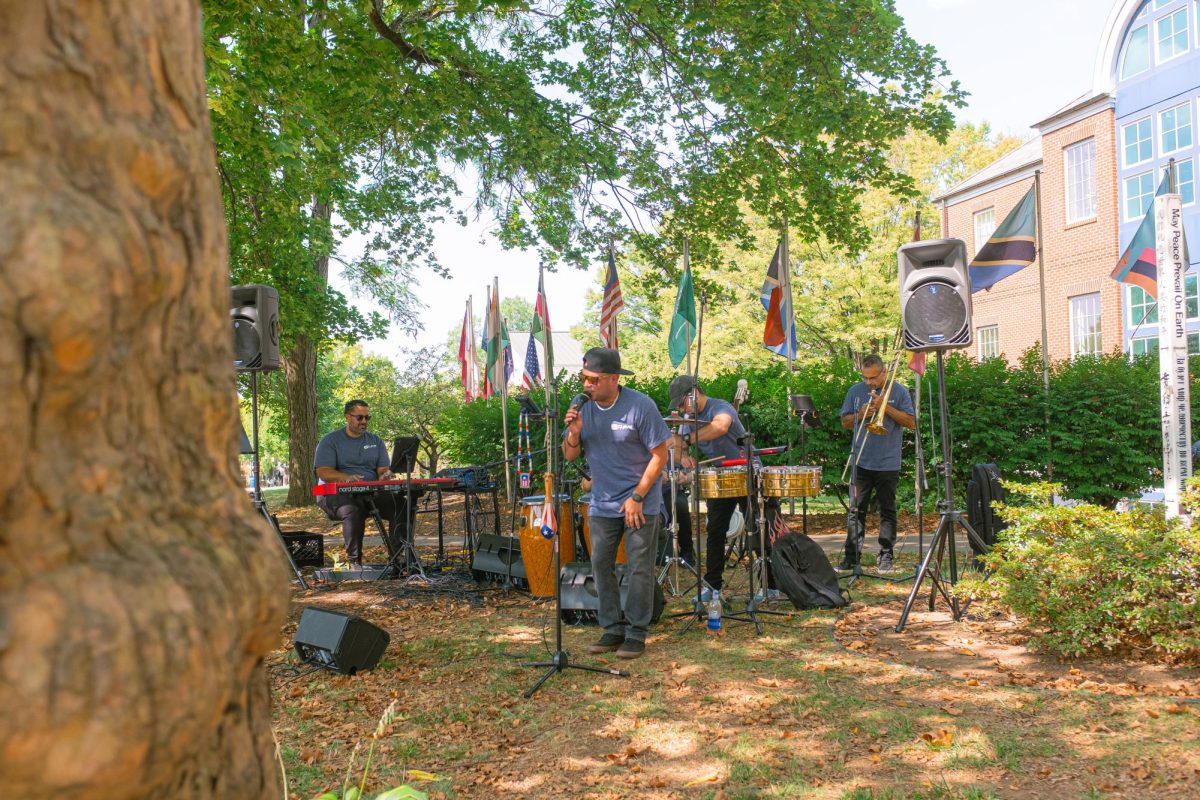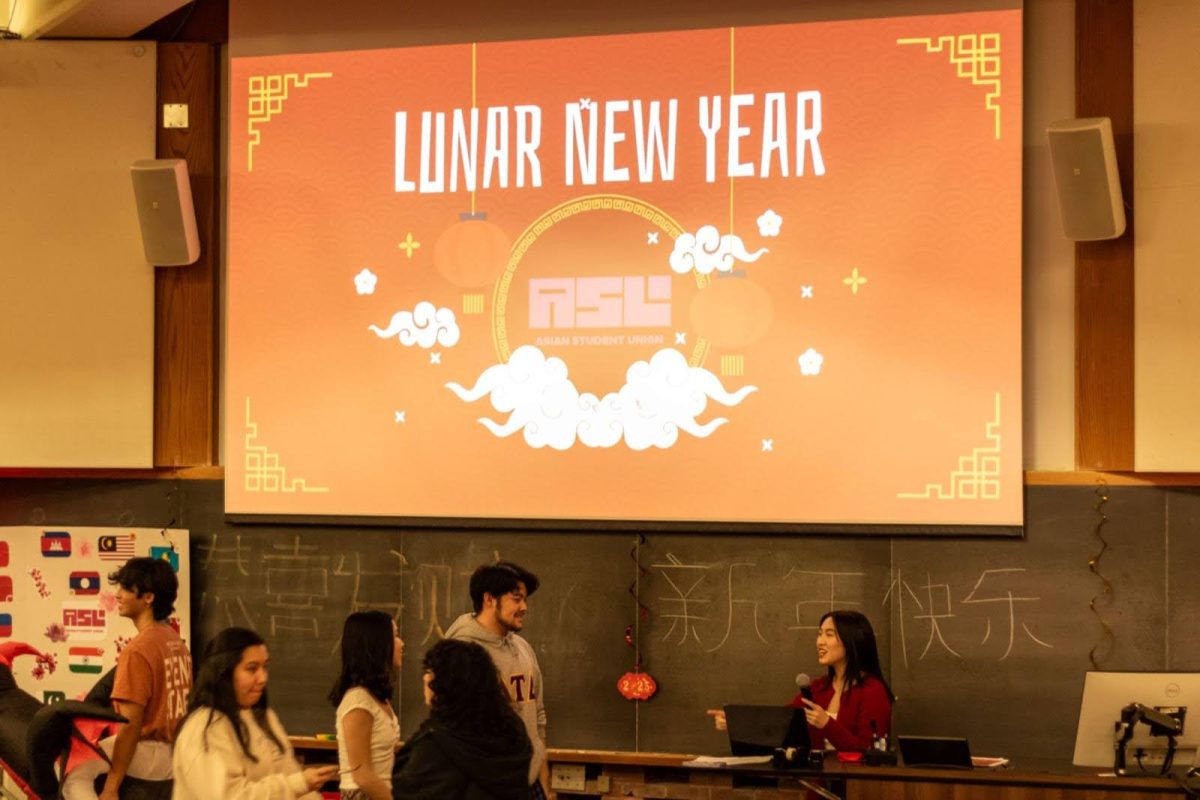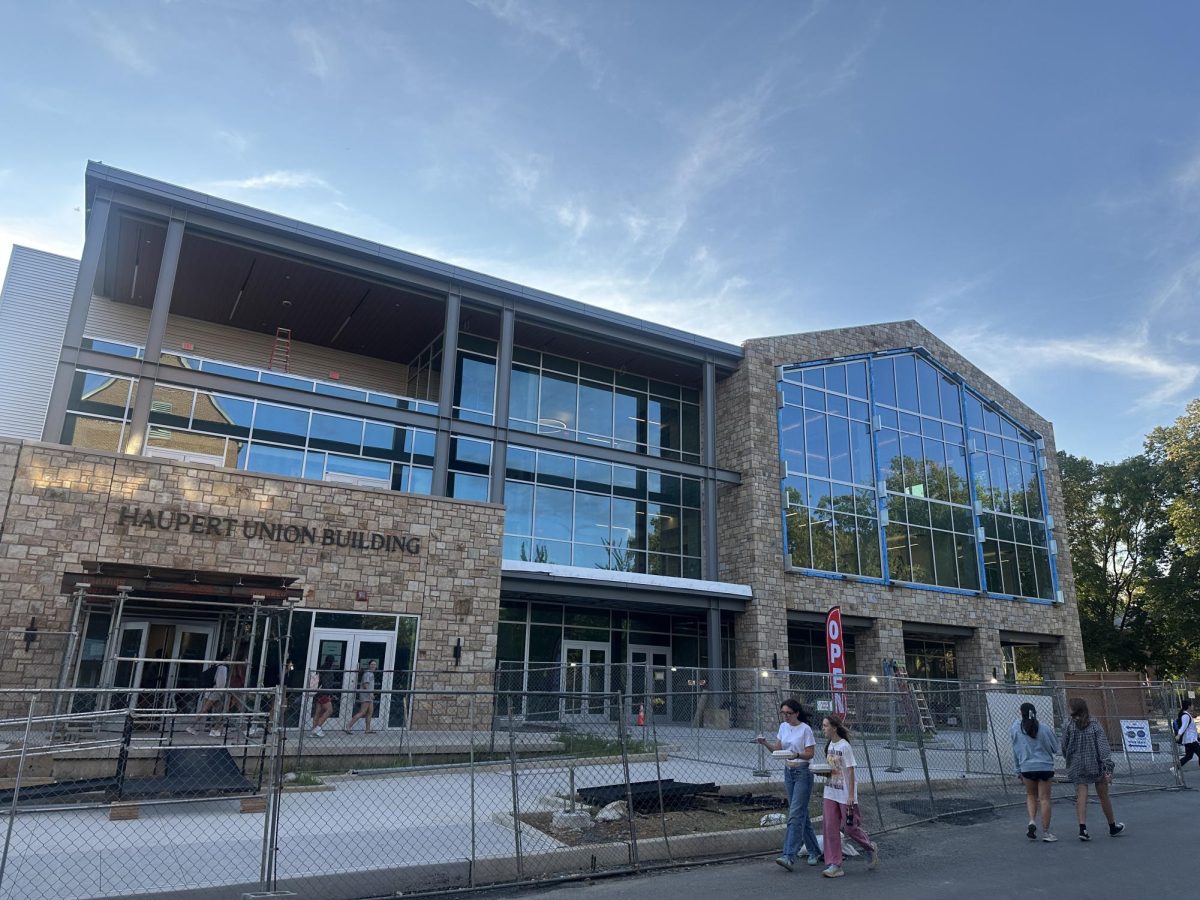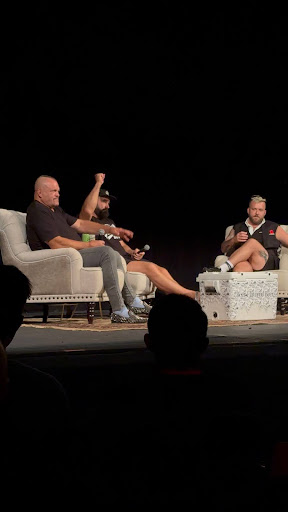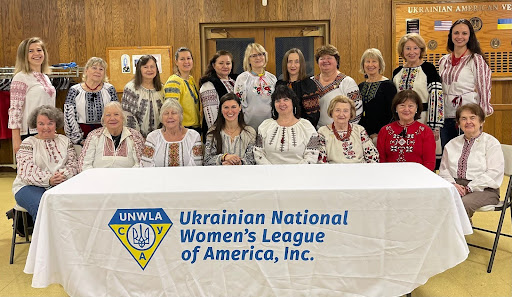
On Nov. 19, 2024, Russia’s war of aggression against Ukraine reached its 1,000th day. Ukraine likely faces its harshest winter yet, with Russian strikes massively targeting critical energy infrastructure, leaving millions at risk amid freezing temperatures. Over 39,000 civilians have already been killed or injured, 3,400 schools and hospitals damaged, and 10 million displaced.
For Bethlehem’s Ukrainian diaspora, the war has brought profound pain and uncertainty. Still, they persist in actively supporting Ukraine’s fight for freedom. Among them are a women’s organization leader, a university student, and a reverend, each contributing in their own ways.
At the heart of local Ukrainian advocacy is Yuliya Semenovych, president of the Bethlehem-Allentown branch of the Ukrainian National Women’s League of America (UNWLA).
After Russia’s full-scale invasion on Feb. 24, 2022, Semenovych mobilized her community to raise funds and personally delivered hundreds of pounds of essential supplies like uniforms and boots for volunteers in Ukraine. Her health suffered from constant travel and 80-hour workweeks, prompting her to step back.
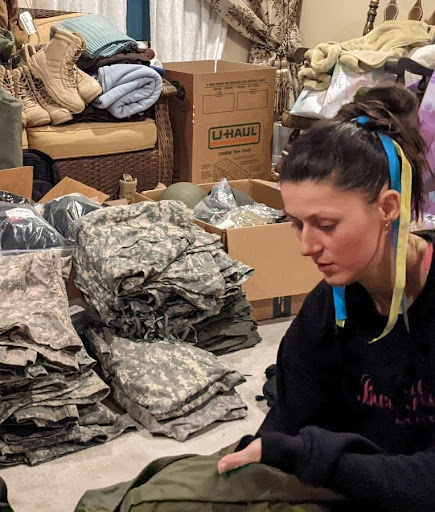
A chance encounter at a local festival brought her to the UNWLA, where she became president within a year of joining.
Founded in 1925, the UNWLA is the largest and oldest Ukrainian women’s organization in the U.S., focusing on humanitarian, cultural, educational, and advocacy efforts. Its initiatives include “Zemliachku,” equipping women on Ukraine’s frontlines with protective gear tailored to women’s bodies, and “Return Ukraine’s Children,” which advocates against Russia’s illegal deportation and re-education of Ukrainian children, having achieved significant success with U.S. congressional resolutions.
Currently, the UNWLA’s “Keep Ukraine Warm” campaign is raising funds for winter uniforms for women defenders and warm clothing for vulnerable children.
Semenovych expressed deep gratitude for the community’s support and opportunities to raise awareness through events such as library readings and town hall flag-raising ceremonies.
However, she noted a general decline in media attention and emphasized the ongoing need for U.S. support, which she argued is crucial not only for Ukraine’s defense but for strengthening both national and global security.
“The Ukrainian people are more grateful than you know for the support of the American people,” Semenovych said. “There is so much more to this war than most people realize, and as unfortunate as the circumstances have been around the attention towards Ukraine, I am grateful that the whole world now knows at least a little bit about it.”
This sentiment is shared by Vitalii Martyniak, a 21-year-old International Relations, Politics, and Environmental Science student at Lehigh University. Born and raised in Western Ukraine, Martyniak was studying at a Canadian college when the full-scale invasion began.
“I felt as if my future was just collapsing in front of me because all the plans I had – going back to my country, working for the government, and hopefully doing something good for society – were vanishing before my eyes,” Martyniak recalled.
Faced with the choice of either returning to Ukraine to fight the aggressor or staying abroad to continue his education, his first instinct was to join the military. After much deliberation, however, he reconsidered.

“I chose to work hard and get an education so I can return and give back to society,” he said, his voice unsteady. “Was it a good decision or not? I don’t know.”
Martyniak shared how the emotional toll of the war shifted from deep grief to a numbness he suspects is a coping mechanism. “It’s much easier to now study here, knowing that my family has a roof over their heads and they’re doing alright,” he said.
Martyniak began volunteering in Canada, helping Ukrainian refugees furnish their apartments and access essential resources. Now at Lehigh University, he helps organize events through the “Ukrainian Association,” raising awareness about the war, hosting Ukrainian ambassadors through Lehigh’s UN Office, and screening films like 20 Days in Mariupol but also promoting Ukrainian culture through activities like “pysanky” easter-egg painting and “motanka” doll-making.
He also stressed that Ukraine couldn’t defend itself without Western support but expressed worry over many Western governments’ lack of commitment not just to Ukraine’s survival but to its victory. He echoed concerns voiced by many Ukrainians that a short-term peace deal could fuel further Russian aggression and called for a unified, resolute stance from the U.S. and Europe to achieve sustainable peace.
“We must not let Russia win and achieve its key objectives with which it started the war,” he said. “We must stop Putin before he can cause more war; we must stop it at its roots, which is in Ukraine.”
Uncertain about the possibility of a military draft upon returning home, Martyniak will reunite with his mother and sister this Christmas, not in Ukraine or the U.S., but in France.
Amid the ongoing war, many in the Ukrainian community have found solace in their faith. Ukrainian-American Reverend Paul J. Makar of St. Josaphat Ukrainian Catholic Church in Bethlehem has been a pillar of support. His church has partnered with the Ukrainian Orthodox Church in Allentown for joint prayers for peace in Ukraine.
“Who loves God and who loves Ukraine, always has a home in our house,” Makar said, underscoring his mission to reach as many people as possible.
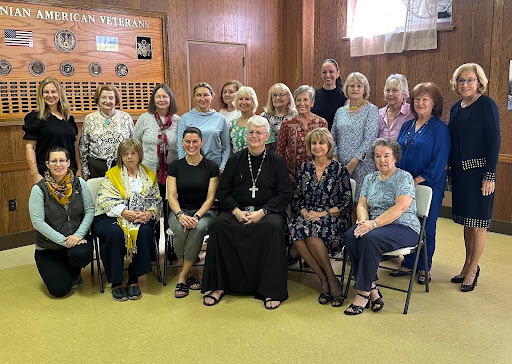
Pictured: Reverend Paul J. Makar in the center, Yuliya Semenovych to his left. This picture shows UNWLA Branch 91 in St. Josaphat Ukrainian Catholic Church.
St. Josaphat’s efforts include food and monetary collections, with funds supporting organizations like the United Ukrainian American Relief Committee. This summer, the church organized a large school supply drive, collecting backpacks and other school supplies for Ukrainian refugee children in Philadelphia. They also host UNWLA’s regular meetings.
“Everyone has been touched by the war in one way or another,” Makar said. He recalled a parishioner from their sister parish in Easton who fears he may never see his family in Eastern Ukraine again.
Makar closed by urging those inside and outside Ukraine to remain steadfast in their faith and never forget their identity. “No one can take that away from you,” he said.
For the Ukrainian community in Bethlehem, the war is far from over, but through advocacy, education, and faith, they continue to persevere, united by their hope for a sovereign, free, and democratic Ukraine.




